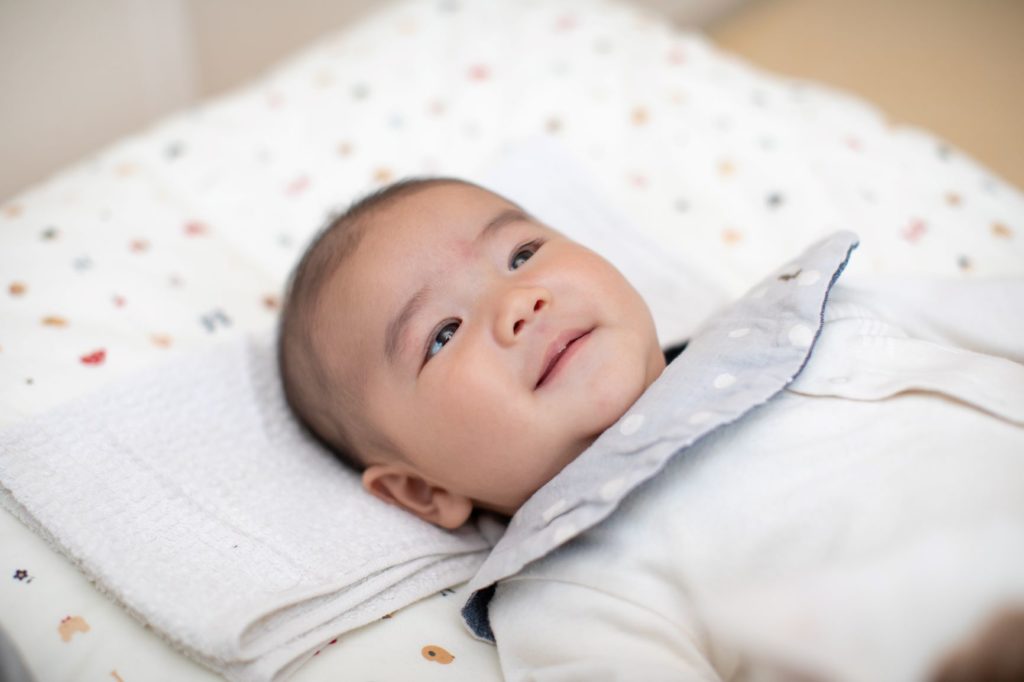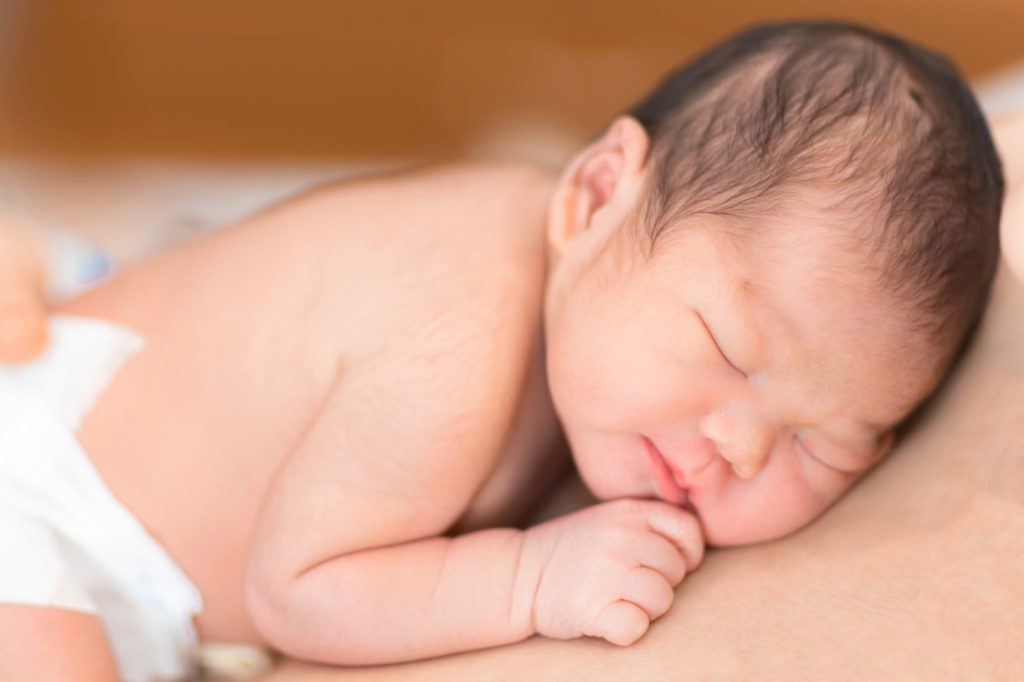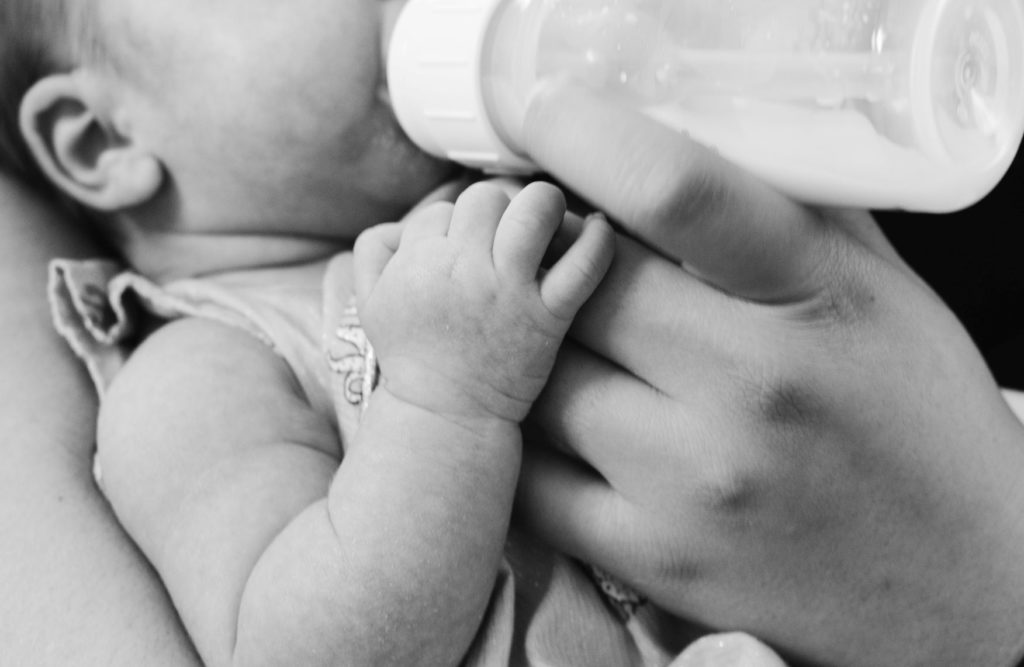
CRITICAL HEALTH & SAFETY DISCLAIMER
mothernity.co.uk is a platform for informational and educational purposes only. This content is based on general research and experienced parent insight and is NOT a substitute for professional medical advice, diagnosis, or treatment. Always seek the advice of your qualified healthcare provider (GP, midwife, or consultant) with any questions you may have regarding a medical condition or before making changes to your health plan or treatments. Never disregard professional medical advice or delay seeking it because of something you have read here.
As you embark on the journey of getting to know your newborn baby, you’ll likely notice their inclination to gaze at the ceiling. This may lead you to ponder the reasons behind it. Is this behaviour normal? Is your baby alright? Could staring at the ceiling be an early indicator of autism? What might they be seeing up there that escapes your view?
Exploring why newborn babies stare at the ceiling
In their early days of existence, babies are acclimating to the world around them and honing their senses. Since their vision is still in the process of development upon birth, they are consistently working on refining their ability to focus visually. The ceiling can serve as a fascinating subject for this exploration, offering elements such as the structure of the walls, varied textures, and the play of light reflections. Rest assured, this is all part of their healthy development.
When should you raise concerns?
If your baby continues to fixate on the ceiling after reaching three months of age, and you find it challenging to divert their attention from it, it might be worth giving this matter more thought. Moreover, if your baby isn’t yet responding to and recognising your face, it could be prudent to consult your doctor to ensure that your baby’s developmental progress is on track.
Is staring at the ceiling an early sign of autism?
Naturally, as parents, we are always concerned about our children’s growth and development. What might be entirely normal for a newborn could potentially raise alarms if observed in a two-year-old. The same principle applies to gazing at the ceiling. This behaviour is entirely normal for a baby in their early months. However, as they grow older, consistent ceiling-staring could signal a need for further evaluation.
It’s important to note that autism is not a condition that can be conclusively diagnosed in the initial months of an infant’s life. Therefore, there’s no need to focus solely on this aspect. Babies can be entirely healthy and engage in ceiling-staring as a natural part of their early development. If at any point you find yourself concerned about your newborn’s behaviour or well-being, always trust your parental instincts and reach out to your healthcare provider. They can conduct a thorough assessment of your baby’s health and developmental progress, offering you peace of mind.
Go to Essentials | Visit the Baby page for more routine and care advice.



